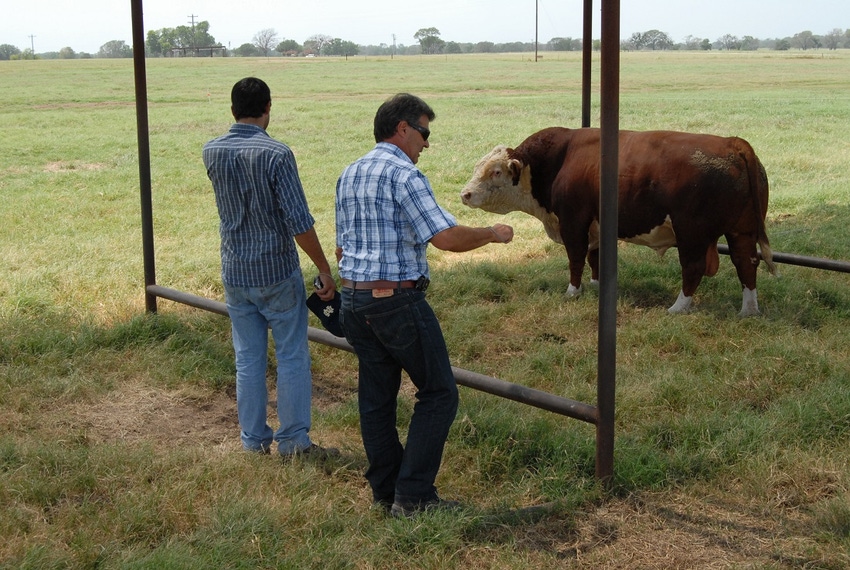
The health and nutritional knowledge that has been gained and reported in the last four decades is very confusing.
I try to stay in line with the natural model, accurate history, and science to dodge the bullets of aging prematurely. If we are going to age nearly disease- and pain-free, a working understanding and execution of the right principles is essential. Disciplined, correct decisions are a daily necessity.
In chapter nine of Ecclesiastes, Solomon tells us that the dead know nothing and their memory is forgotten. He says that a live dog is better than a dead lion. An undisciplined lion can quickly end up as "lights out."
I have noticed that with the ushering in of the information age there has come a vast amount of teaching that is less than accurate. Much of it is wrong. I'll have a go at clearing the air concerning eating and good health. My stuff is not only accurate, but also quite simple.
We all realize that we're headed for death, but most health problems are "wake up" calls indicating that we've made wrong dietary decisions and are shortening the race while increasing the pain. Remember that we are what we eat.
Americans have lots of health issues. Some 20 or more developed countries are outdistancing us in the longevity race, although no one touches us in pharmaceutical and health care costs. In the US, obesity is No. 1 and is at a crisis level. Other issues are often related and include cardiovascular disease, cancer, diabetes, central nervous system disorders, hormonal issues, childhood leukemia and musculoskeletal and joint maladies. People deemed to be normal in weight are experiencing an enormous number of similar concerns. The complaint list is near exhaustive.
I'm going to comment and make recommendations concerning:
Protein and meat
Fat
Carbohydrates
Fiber
Minerals and trace minerals
Vitamins and antioxidants
Enzymes
Microbes
I will not finish in one paper, but will attempt to accurately summarize in a practical way.
Quality beef and, to a lesser extent, lamb should give us livestock producers an advantage. Yet I have cattle clients in their mid 40s suffering with strokes. This should not be happening.
We now know how to manage our pastures and soil and vastly increase health and mineralization in two to five years. Highly mineralized and organic pastures that are very diverse with grasses, forbs and legumes yield the most nutritious food on the planet when grazed after complete recovery that yields green and brown leaves and 15% immature seeds. The beef produced is nutrient dense, with protein and healthy essential fats. It is nearly impossible for us to over-consume this meat on a daily basis.
We now have the knowledge and technology to supplement the cattle, plants and soil while allowing the animals to self-harvest new forage daily. We know how to process, store and prepare the meat.
What is our problem concerning human health issues and beef? The difficulties I list include:
U.S. cattle production modeling.
Laboratory testing and misinterpretation.
Apathy concerning the natural model.
Lack of depth in understanding of disease processes.
Old and/or prejudiced information and teaching that is incorrect.
Governmental policies.
Cheap grain.
Loss of local processing and markets.
Huge growth in medically related industry and marketing.
Consumers need to be eating beef coming off of grass on a daily basis and yet the government and most states are spending billions identifying sick persons to help with more misinformation. These programs are to provide "baby step" teaching and result in consumers with their health issues intact. Fat people stay fat and sick people stay sick. The system is broken due to the flaws. Most students and teachers are complacent. Personally, I am sick of the whole deal.
Our bodies contain trillions of specialized cells and multiple organ systems. Our lower gastrointestinal (G.I.) tract should be populated with trillions of good bacteria. The natural model says feed the system nutrient-dense food and the basis should be beef coming off nutrient dense, recovered pastures. This might sound too simple, but it works.
One of the biggest lies in America is the belief that all food is created equal. Ninety-five percent of Americans believe this myth. Few of them will ever experience quality health. Grass-based beef needs a little help, but not when it comes to protein, fats, vitamins and most minerals and trace minerals. We need to avoid the carbonated and sweet drinks, the store-bought and homogenized milk, the refined foods and the high fructose salad dressing (note that these are found in the middle aisles of the supermarket). Skipping dessert never killed anyone.
My opinion is to only use pork as a seasoning. Chicken should be eaten a few times a year. The same is true of turkey. Ditto catfish. Snails and the like need to be a real rarity. Legumes are estrogenic and should be limited. They are also deficient in several amino acids and vitamins. A vegetarian diet is not healthy. Our brain requires quality fat and glucose. Our body runs best on quality beef protein and fat.
The hardest part of my program for lots of Americans is the procurement of quality beef and the processing, storage and cooking. The eating experience is lots of fun. The hard part should be a piece of cake for most beef producers.
By the way, I recommend staying away from industrial grass-fed beef. You likely will not be buying the nutrition that you are paying for.
About the Author(s)
You May Also Like






